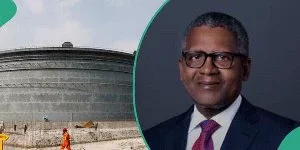
Following the reported resumption of fuel subsidy under President Bola Tinubu's government, the Dangote Refinery and other Nigerian modular refineries have moved their emphasis away from refining Premium Motor Spirit (PMS).
Newsmen had earlier reported that the Nigerian government secretly paid about N169.4 billion as a subsidy to keep petrol at N620 per litre in August.
Reports have suggested that the current petrol price should be more sustainable given the exchange rate and the international crude oil price selling at over $95 a barrel, indicating a return of subsidy.
Dangote to produce diesel and aviation gasoline.
According to a report by The Guardian, Dangote has chosen to produce diesel and aviation gasoline instead of its 650,000 barrels per day refinery.
This is because the previously announced liberalization of the downstream sector of the oil industry is now uncertain.
Due to decreased crude oil production and exchange agreements made by the Nigerian National Petroleum Company Limited (NNPC), existing refineries in the nation are currently experiencing a crude oil scarcity.
Dangote decided to buy crude oil due to the difficulty of filling the gap. Legit.ng had reported that NNPCL shuns the Dangote refinery and swap crude oil for loan with others.
Nigeria uses roughly 19.5 billion litres of petroleum products annually, with PMS accounting for nearly 99 per cent of that total and diesel and aviation fuel for only about 1 per cent.
The removal of PMS output by private refineries, such as Dangote, suggests that the strain on foreign exchange markets and the associated economic woes brought on by PMS imports may not be greatly reduced.
Refinery to start production in October.
Devakumar Edwin, the Group Executive Director of Dangote Refinery, announced that the refinery will start producing up to 370,000 barrels per day of diesel and jet fuel in October after receiving its first shipment of crude in the next two weeks.
The facility will run in stages, beginning with diesel and jet fuel manufacturing to switch to Nigerian crude by November.
Edwin also discussed obtaining petroleum from other nations, such as the Russian Grades, if global conditions allow.
Nigerian modular refineries produce diesel, naphtha, others.
Momoh Oyarekhua, the chairman of CORAN (the Crude Oil Refineries Owners Association of Nigeria), noted that most modular refineries in Nigeria currently produce diesel, naphtha, fuel oil, and kerosene.
Although naphtha can be converted to PMS (gasoline), adding a reformer to a modular refinery's facilities would be prohibitively expensive. For this reason, some modular refineries do not include reformers.
According to Oyarekhua, investors may become interested in purchasing equipment to manufacture PMS due to the liberalization of the petroleum industry.
According to Benneth Korie, the National President of the Natural Oil and Gas Suppliers Association of Nigeria (NOGASA), most local refineries only produce diesel. They remained unreliable because of a lack of crude.
By supplying 3,614,936 barrels of crude to three local refineries between September 2021 and May 2023, the Nigerian Upstream Petroleum Regulatory Commission (NUPRC) claimed to have satisfied modular refineries' crude oil supply needs.
Dolapo Kotun, the deputy chairman of the Crude Oil Refinery Owners Association of Nigeria, and other refinery owners contradict this assertion, claiming that the crude oil required for the modular refineries to function properly has not been given constantly.

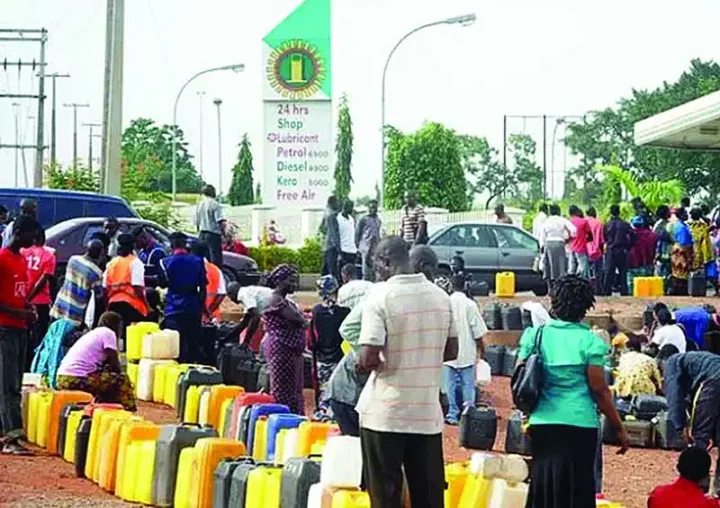
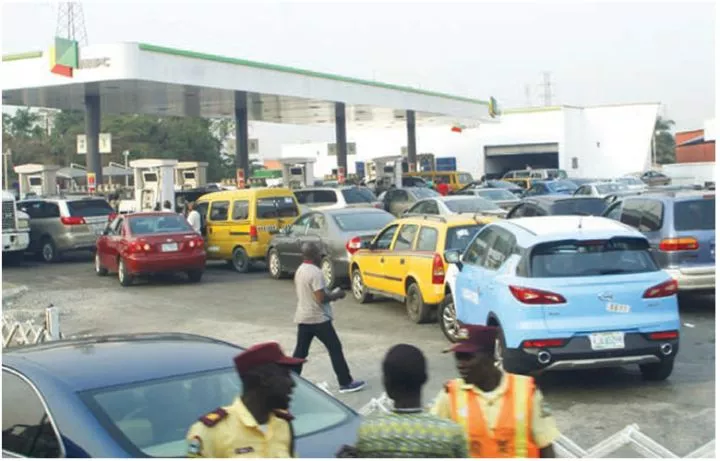

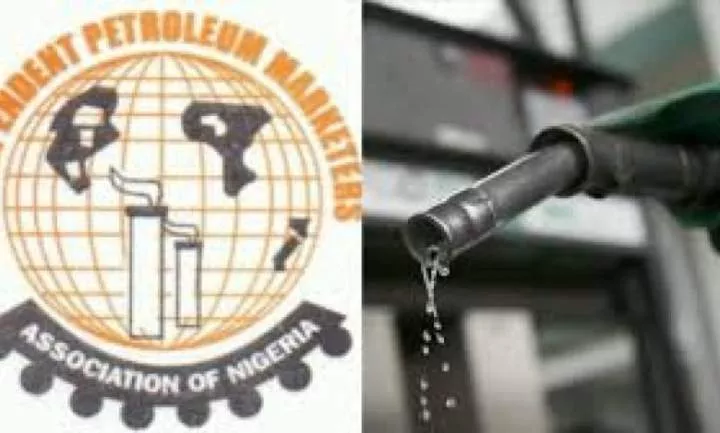

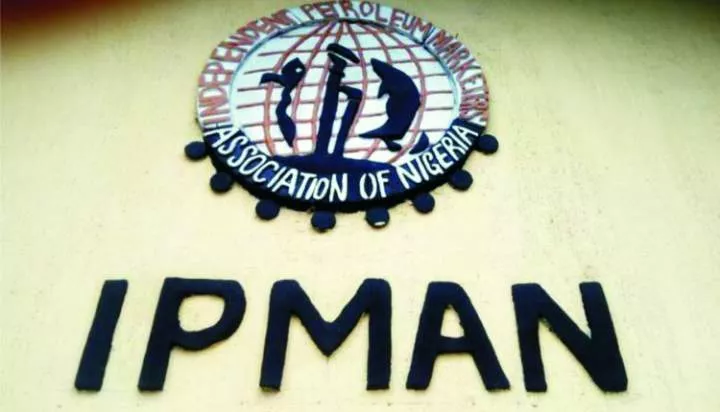










Comments